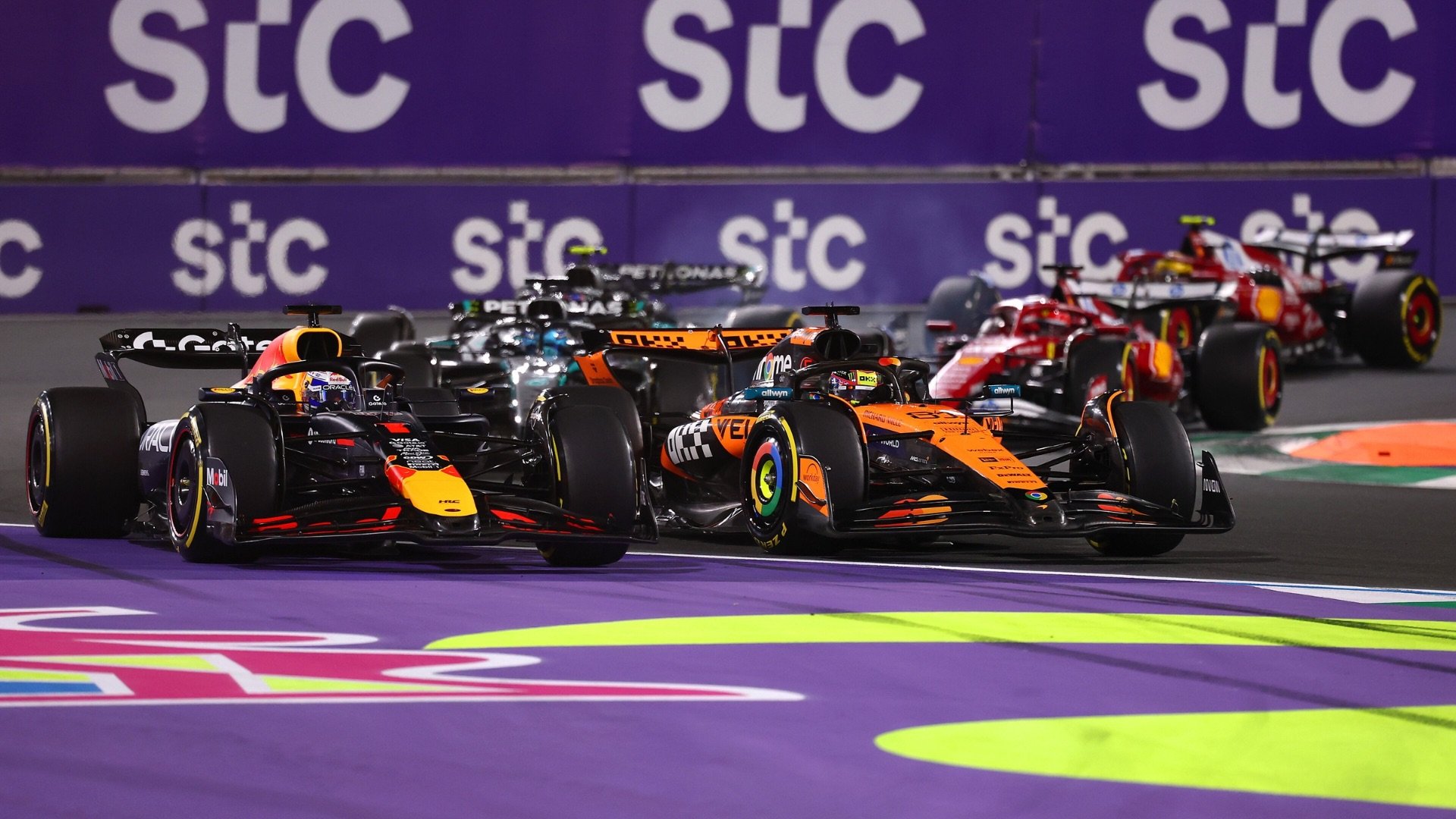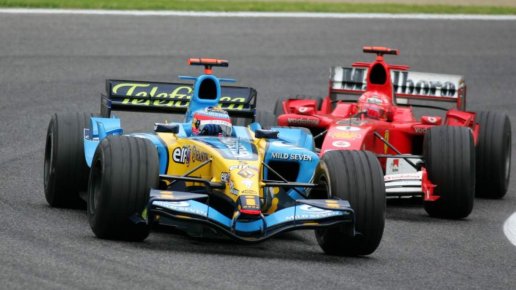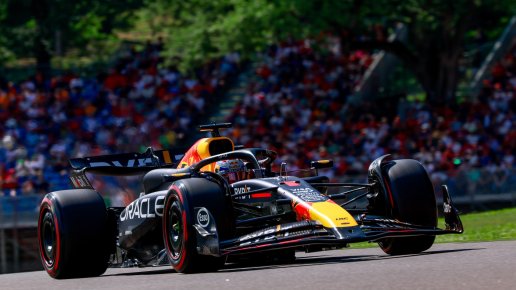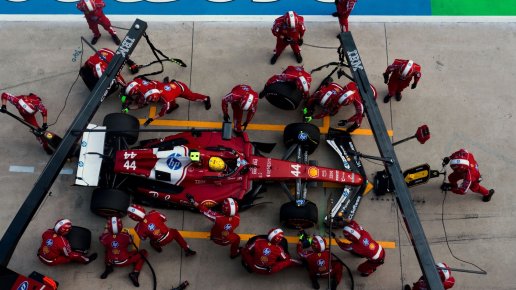
Photo: Getty Images / Red Bull Content Pool
No consensus on 2026 engine rules after F1 Commission meeting

Thursday’s F1 Commission meeting brought together all five 2026 engine manufacturers, but no agreement was reached on any rule changes.
F1 & MotoGP news to your inbox every day.
At Thursday’s F1 Commission meeting in Geneva, all five engine manufacturers set to compete in the 2026 season, namely Mercedes, Ferrari, Red Bull Ford Powertrains, Audi and Honda, gathered to discuss potential changes to the upcoming power unit regulations.
A key focus was the suggestion to reduce the level of electrical energy deployment during races. This would alter the planned equal power split between the internal combustion engine and the electric motor, shifting it to a 60 to 40 ratio. Despite the significance of the proposal, no vote took place and no agreement was reached.
The proposed change was driven by concerns that on certain circuits with long straights, cars could run out of electrical energy before braking zones. This would force drivers to lift off the throttle earlier, potentially affecting both performance and racing quality.
The current plan for 2026 envisions a 350 kilowatt output from the electric motor, up from around 20 per cent in the current engines. The revision would reduce this to 200 kilowatts in race conditions, although qualifying and push-to-pass systems would still use the full 350 kilowatts.
Red Bull are believed to support the reduction, while Mercedes remain firmly against it. Team principal Toto Wolff criticised the proposal, describing it as unrealistic without proper testing. He argued that any issues should be addressed once real data from running cars becomes available.
READ MORE: Alpine to switch to Mercedes engines starting in 2026
Alongside Mercedes, Honda and Audi also prefer to keep the existing rules unchanged. With regulation changes requiring the support of four out of the five manufacturers, the lack of alignment meant the proposal could not move forward.
"The F1 Commission discussed in principle refinements to the energy management strategy for 2026, as well as measures to address financial issues that can be faced by Power Unit Manufacturers that experience either low performance or significant reliability issues in 2026," said the FIA.
"All of these topics will be discussed in more detail among the specialists in the appropriate advisory committees."
The Commission also discussed broader concerns about competitive balance under the new rules. There was general agreement that support mechanisms may be needed for manufacturers whose engines fall behind in performance or reliability. Ideas such as increased dyno testing allowances or adjusted cost caps were mentioned, but no final decisions were made. These topics will now be explored further by the power unit working group.
In a separate matter, the Commission addressed the issue of grass fires seen during practice at the Japanese Grand Prix. These incidents were caused by sparks from titanium skid blocks igniting dry grass beside the track. One suggestion was to use steel instead of titanium at high-risk circuits, but this proposal was not adopted. The FIA confirmed that further research into potential solutions will continue.







